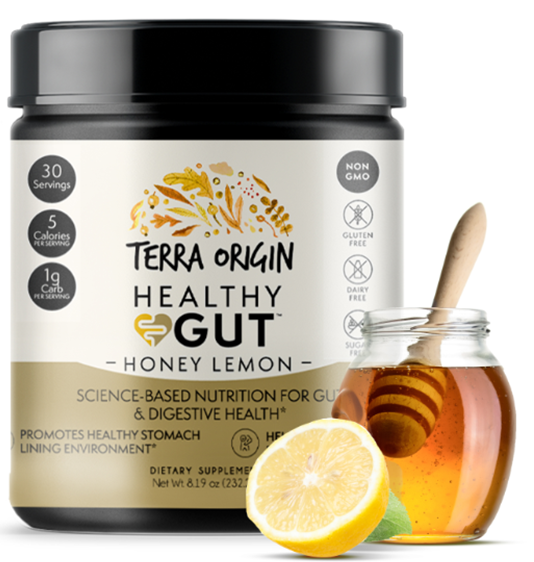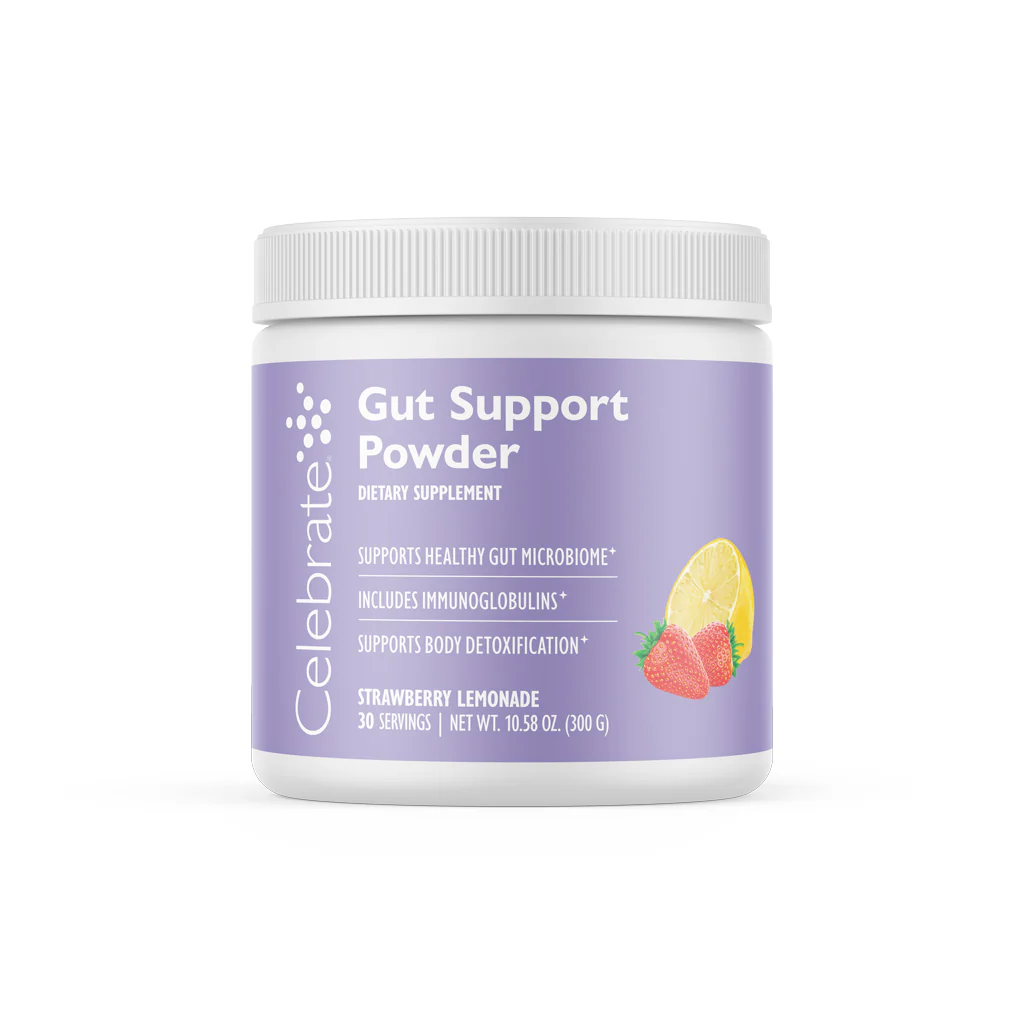Top Gut Health Supplement Picks to Promote a Balanced Digestive System
Top Gut Health Supplement Picks to Promote a Balanced Digestive System
Blog Article
Discover the Key to Digestion and Immunity With Intestine Wellness Support

Comprehending Digestive Tract Health
Comprehending intestine health is crucial for general well-being, as it plays a substantial function in digestion, immunity, and also psychological wellness. The digestive tract, comprising the gastrointestinal tract, is in charge of damaging down food, soaking up nutrients, and expelling waste. A balanced intestine setting makes sure efficient digestion, permitting the body to utilize nutrients effectively.
Furthermore, digestive tract wellness considerably influences the body immune system. The gut houses a considerable section of the body's immune cells, and a healthy and balanced digestive tract can help repel pathogens and reduce inflammation. Interruptions in digestive tract wellness can bring about an over active immune action, possibly contributing to autoimmune disorders and allergic reactions.
Furthermore, the gut is frequently referred to as the "second brain" as a result of the gut-brain axis, a complex communication network linking the gut and the brain. This connection affects state of mind, cognition, and emotional health. Issues such as dysbiosis, defined by an imbalance in gut microorganisms, have been related to mental wellness problems, consisting of anxiety and depression.
The Gut Microbiome Explained

The gut microbiome, a diverse neighborhood of microbes living in the gastrointestinal system, plays an essential role in preserving gastrointestinal wellness and overall health. Comprising trillions of germs, infections, fungi, and various other germs, this facility ecosystem aids in the digestion of food, the synthesis of essential nutrients, and the guideline of metabolic procedures.
Each person's digestive tract microbiome is one-of-a-kind, affected by aspects such as diet plan, way of life, genetics, and ecological direct exposures. A balanced microbiome sustains ideal digestion by damaging down complicated carbs, creating short-chain fatty acids, and facilitating the absorption of nutrients. Conversely, an inequality, typically described as dysbiosis, can bring about digestive conditions, including irritable bowel syndrome (IBS) and inflammatory digestive tract illness (IBD)
Research study has shown that a varied microbiome is associated with much better wellness end results, underscoring the value of dietary choices in nurturing these microbes. Foods rich in fiber, probiotics, and prebiotics, such as fruits, veggies, and fermented products, can advertise a healthy microbiome. Understanding the gut microbiome is essential for developing targeted interventions focused on improving digestive wellness and protecting against intestinal illness.

Connection In Between Digestion and Immunity
A robust link exists in between digestion and resistance, highlighting the essential function of the gut in preserving general health and wellness. The intestinal system is home to trillions of microorganisms that form the intestine microbiome, which substantially affects both digestive system procedures and immune actions. This facility community aids in breaking down food, soaking up nutrients, and supplying important metabolites that sustain immune feature.
When digestion is reliable, the gut barrier continues to be intact, stopping dangerous pathogens from getting in the blood stream. see this Roughly 70% of the immune Recommended Reading system stays in the gut-associated lymphoid tissue (GALT), which connects very closely with the gut microbiome.
Tips for Supporting Intestine Wellness
Supporting digestive tract health and wellness is vital for preserving both gastrointestinal performance and a well-functioning body immune system. To foster ideal digestive tract health, consider including a number of practical strategies into your day-to-day routine.
First, focus on hydration. Consuming appropriate water supports digestion and assists keep the mucosal lining of the intestinal tracts. In addition, routine physical activity can enhance intestine mobility and advertise a varied microbiome.
Mindful eating methods are additionally essential. Chewing food completely and consuming gradually can assist food digestion and stop over-eating, which might worry the digestive tract. Taking care of stress via methods such as reflection, yoga exercise, or deep-breathing exercises can positively influence digestive tract health, as anxiety is recognized to interrupt digestive processes.
Including prebiotics and probiotics into your program is another reliable approach. While certain foods will be discussed later, recognizing the relevance of these components is crucial. Prebiotics function as food for valuable intestine bacteria, while probiotics introduce live beneficial organisms.
Lastly, stay clear of excessive use of antibiotics, as they can disrupt the balance of gut vegetation. By complying with these tips, you can dramatically contribute to the maintenance of a healthy intestine, which is vital for discover this overall wellness and vitality.
Foods That Promote Intestine Wellness

Fermented foods, such as yogurt, kefir, kimchi, and sauerkraut, are abundant in probiotics, which are helpful germs that sustain gut plants and improve food digestion. These foods can assist restore balance in the intestine, specifically after antibiotic usage or digestion disruptions.
In addition to fermented options, prebiotic foods, such as garlic, onions, asparagus, and bananas, work as nourishment for these probiotics, advertising their development and task. These soluble fibers support gut mobility and can minimize issues like bowel irregularity.
In addition, incorporating high-fiber foods, including whole grains, beans, fruits, and vegetables, is essential for keeping a healthy and balanced gut. Fiber help in regular digestive tract activities and assists prevent digestive system disorders.
Last but not least, omega-3 fats discovered in fatty fish, flaxseeds, and walnuts have anti-inflammatory buildings that can better sustain intestine health and wellness. Stressing these foods in your diet can cause a robust digestive system and enhanced immune feature.
Final Thought
In final thought, prioritizing intestine health is necessary for maximizing food digestion and boosting resistance. A well balanced digestive tract microbiome, influenced by dietary options and way of life factors, plays an essential role in nutrient absorption and inflammation decrease.
Understanding gut health is critical for general wellness, as it plays a considerable function in food digestion, resistance, and even mental health. The intestine houses a substantial part of the body's immune cells, and a healthy and balanced digestive tract can help fend off virus and reduce swelling.Additionally, the gut is commonly referred to as the "second mind" due to the gut-brain axis, an intricate communication network linking the mind and the gut.A durable link exists in between digestion and resistance, highlighting the crucial function of the intestine in keeping overall health and wellness.In conclusion, prioritizing intestine health is essential for maximizing digestion and boosting resistance.
Report this page